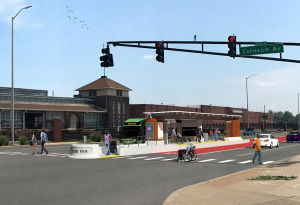
Next IndyGo rapid lines move toward reality
Indianapolis is moving ahead with the next two legs of its massive bus rapid transit project, after a messy legislative session and pandemic-related problems threw a wrench in the timeline.

Indianapolis is moving ahead with the next two legs of its massive bus rapid transit project, after a messy legislative session and pandemic-related problems threw a wrench in the timeline.
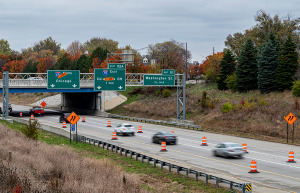
One Indiana project likely to be expedited as a result is widening interstates 65 and 70 to six lanes the full length and breadth of the state.
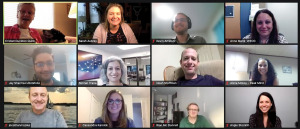
Gener8tor is launching four industry-specific programs within its gBETA accelerator for early-stage startups from both Indiana and around the United States, hoping some will move here.
Overall, 2.1 million Americans were collecting traditional unemployment checks during the week that ended Nov. 6, down by 129,000 from the week before.
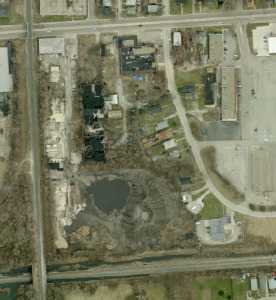
After years of environmental studies and planning, remediation work is at last scheduled to begin next year on the former industrial site in the 3500 block of East Washington Street.

Despite the state’s long-standing refusal to legalize marijuana, the Delta-8 THC derivative is being sold thanks to a legal gray area that many state officials would rather not talk about.

Using tax incentives , an EV commission and membership in a regional network promoting EV infrastructure, the Holcomb administration is looking to increase EV manufacturing statewide.
Indianapolis’ Department of Public Works is proposing a list of strategies to shrink federal floodplain boundaries, as well as to decrease the severity of water damage in the flood-prone neighborhood.

Eyes will once again be on Indiana to see if lawmakers will loosen the state’s marijuana laws as neighboring states continue to cash in on legal weed.
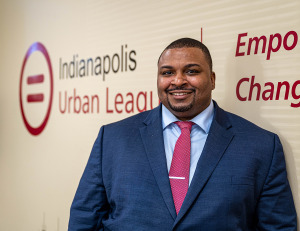
Work is underway to determine what kind of support services Black-owned businesses will need to complement the loan fund.
A strip mall central to Indianapolis’ vision for the neighborhood that is home to the new Community Justice Campus is now in city hands, after years of negotiations.
Marion County’s IndyRent program has begun accepting applications for up to 12 months of rental assistance, Mayor Joe Hogsett’s administration announced Wednesday. The long-awaited move adds nine months of help to the program, which previously maxed out at three months.
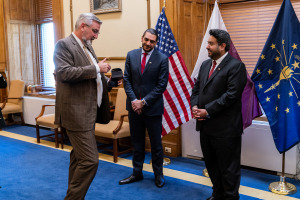
Members from the Qatari commercial attache’s office met with Gov. Eric Holcomb, Secretary of Commerce Brad Chambers and more than 30 Indiana-based companies on Tuesday.
Most of of the funding will will go to improve mortgage access, capital access for small businesses and other education resources in the northeast-side neighborhood.
Service providers can apply for up to $5 million per project to expand broadband to unserved and underserved areas around the state. Decisions on funding are expected in the spring.

RecycleForce says the 102,500-square-foot facility will allow it to recycle 12 million pounds of electronic waste and employ 600 people annually, doubling its capacity.

Freshman Rep. John Jacob, himself a Republican, says Republican leaders “butchered” his legislative district and redrew it in a way that is designed to deny him re-election.

The nine planned projects stretch across the city. Each connects to existing and planned trails, bike-friendly streets, bus rapid transit lines and city landmarks.
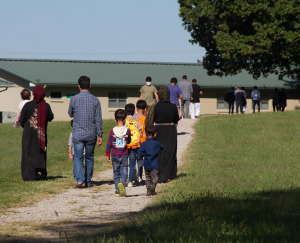
At least 490 Afghan refugees are expected to permanently resettle in Indiana in the coming weeks or months, and not-for-profit resettlement agencies are preparing to assist them.

The clock is ticking for officials to decide whether they’ll raise local income taxes to pay for a $45 million to $50 million jail expansion and justice center to alleviate overcrowding.